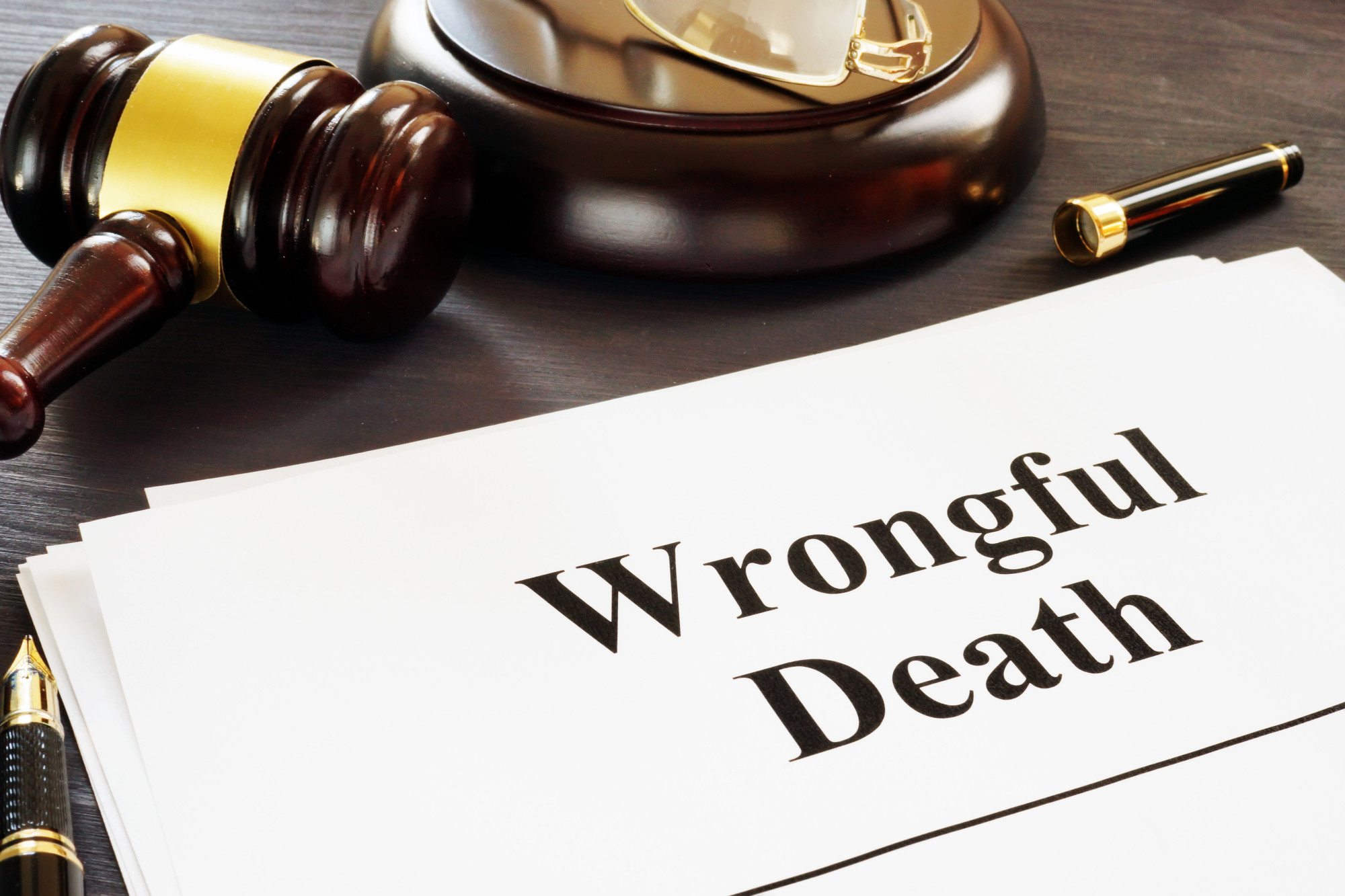A life lost too early is always a tragedy. And yet, it can be even more difficult if a person’s life was lost because of another person or entity’s negligence. Knowing that a death was avoidable can be painful for surviving family members and friends.
When this kind of tragedy occurs, the family doesn’t have to sit still. Survivors of a person who was killed in a wrongful death case have a right to compensation under the law. They can bring a wrongful death suit against the offending person or entity.
If you’re unfamiliar with this kind of case, there is a lot to learn. There are many forms of compensation a family can receive by bringing this suit forward. Read on, and we’ll walk you through everything that you need to know.
Defining a Case of Wrongful Death
Though we don’t like to think about it, people die in accidents and incidents in large amounts every day. Many of these accidents are just accidental. There’s no one to blame for the death except chance and circumstance.
Many of these deaths result from another person. When a person dies because of another person’s action or lack of action, there is a possibility for a wrongful death claim. This claim is a relatively new idea that has come to popularity with state and federal courts over the last one hundred years.
No matter what state you live in in the United States, there is some sort of wrongful death law that protects families of the wrongfully deceased.
Wrongful death cases cover a wide variety of accidents and incidents. These can be car accidents, product liabilities, medical malpractice, or poor landlord practices. A doctor whose poor treatment resulted in the death of a patient could be found liable, but so could a car company that released a model with faulty airbags.
More specifically, a company that made and provided faulty parts to another large company could eventually be found guilty in a wrongful death claim.
It can also mean that someone died during a supervised activity, such as skydiving. What is important is that a prosecutor can find the entity guilty by proving fault in the circumstances of the death. If negligent behavior can be proven, a case can almost always move forward.
When it comes to a wrongful death claim, the defendant doesn’t have to be an individual. It can be a company, a group of individuals, or even a government agency. The main requirement for a wrongful death claim is just that these entities acted intentionally and negligently, and that these actions resulted in a person’s death.
Who Can Sue for Wrongful Death?
There is one more important aspect of a wrongful death case that we’ve yet to discuss. Who can push forward the lawsuit, and what requirements must they meet?
The other missing link in a wrongful death case is a monetary loss. For someone to sue an offending entity, they must be able to prove evidence that this death has impacted them financially. These people are known as the real parties in interest.
These losses can be wide-ranging. They can include lost wages and support because of a person’s death and losing benefits from their employment. It can also be the medical and funeral costs associated with the deceased’s end of life.
In most situations, those impacted in this way will be the immediate family members of the deceased. In all states in the US, immediate family members (such as spouses and children) have a right to compensation under the wrongful death clause.
In some states, life partners and domestic partners have a right to compensation. Ditto for more distant family members, such as uncles, grandparents, and so forth. Not all states consider these individuals ‘immediate’ enough to have a right to compensation under the law, but many do.
Some states also do not consider the blood relation of an individual at all, but simply look at the financial burden placed upon an individual. In these states, if a person has evidence that a wrongful death has caused them to suffer financially, they will be able to bring a case forward in a court of law.
Immunity Regarding Wrongful Death Cases
They say no one is above the law, but sometimes this isn’t so. There are certain situations in which entities are immune from wrongful death claims.
This all depends on the state in which you live. Different states have different laws covering wrongful death immunities.
In some states, government agencies are immune from having a wrongful death claim brought against them. It can be very difficult to receive compensation in these states if your loved one has died as a result of a negligent action by the government. This immunity is intended to protect these agencies from going bankrupt if they were to act negligently.
Other states have more specific forms of immunity depending on the industry that is common. Some states protect railroad workers, pharmaceutical workers, and other people under specific circumstances.
This risk of mistake is very high in these industries, and these immunities seek to protect certain work against the high risk of prosecution.
Planning a Wrongful Death Suit
If you’ve recently lost a loved one due to the negligence of another entity, you may consider bringing a wrongful death suit forward. The above information can be key in your understanding of these cases and their requirements.
Need more advice, tips, or tricks? Check out our news page for more.











